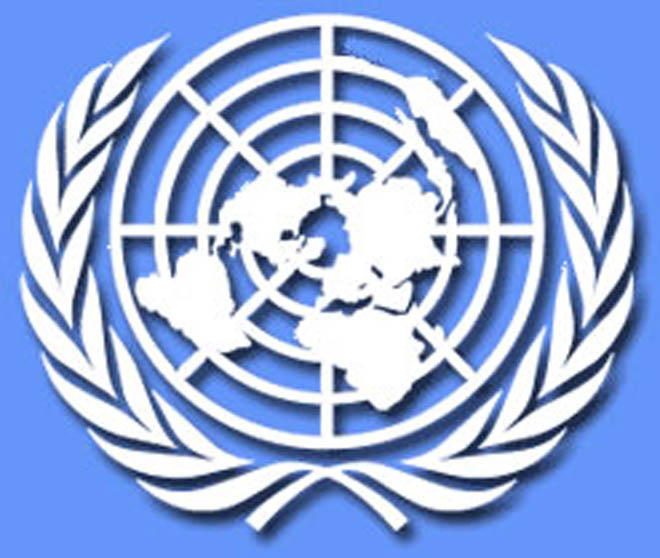The UN tribunals prosecuting mass killings in the Bosnian war (1992-95) and the 1994 Rwandan massacres complained Friday that the legal process is hampered by a lack of money as well as the exodus of experienced staff, DPA reported.
"In all our efforts, we are facing one main stumbling block: the staffing situation," Judge Dennis Byron, president of the International Criminal Tribunal for Rwanda, told the UN General Assembly in New York in a annual hearing.
Byron said the court continued to lose its best and most experienced staff to other organizations that provide longer-term contracts. He said a total of 167 staffers left in the last two years.
The tribunal on Rwanda, based in Arusha, Tanzania, was set up in 1994 to prosecute genocide, just months after an estimated 800,000 Rwandans, most of them Tutsis, were massacred under the Hutu-led government in Kigali at the time.
"I am convinced that what we have achieved so far gives you the confidence and trust to provide us with the necessary resources to complete our mandate expeditiously during this and the next biennium," Byron said.
The International Criminal Tribunal for the former Yugoslavia, based at The Hague, reported similar problems with the exodus of experienced staff. The tribunal is prosecuting alleged war crimes from the Bosnian war, in which tens of thousands of people were killed before a peace agreement in 1995.
"Experienced staff continue to leave the tribunal at an alarming rate," Judge Patrick Robinson told the 192-nation General Assembly.
UN members, who finance the two courts and their staffs, have called for setting deadlines and completing the trials. The two judges appearing before the assembly reported progress in the last 12 months and pointed out that trials cannot be rushed and cases closed like a bakery.
The judges called for continued support because international criminal justice remains an answer to impunity.
"It was not so long ago that international criminal justice was but a dream in the minds of those striving for a safer and more just world," said Robinson. "But now the dream has been realized."






